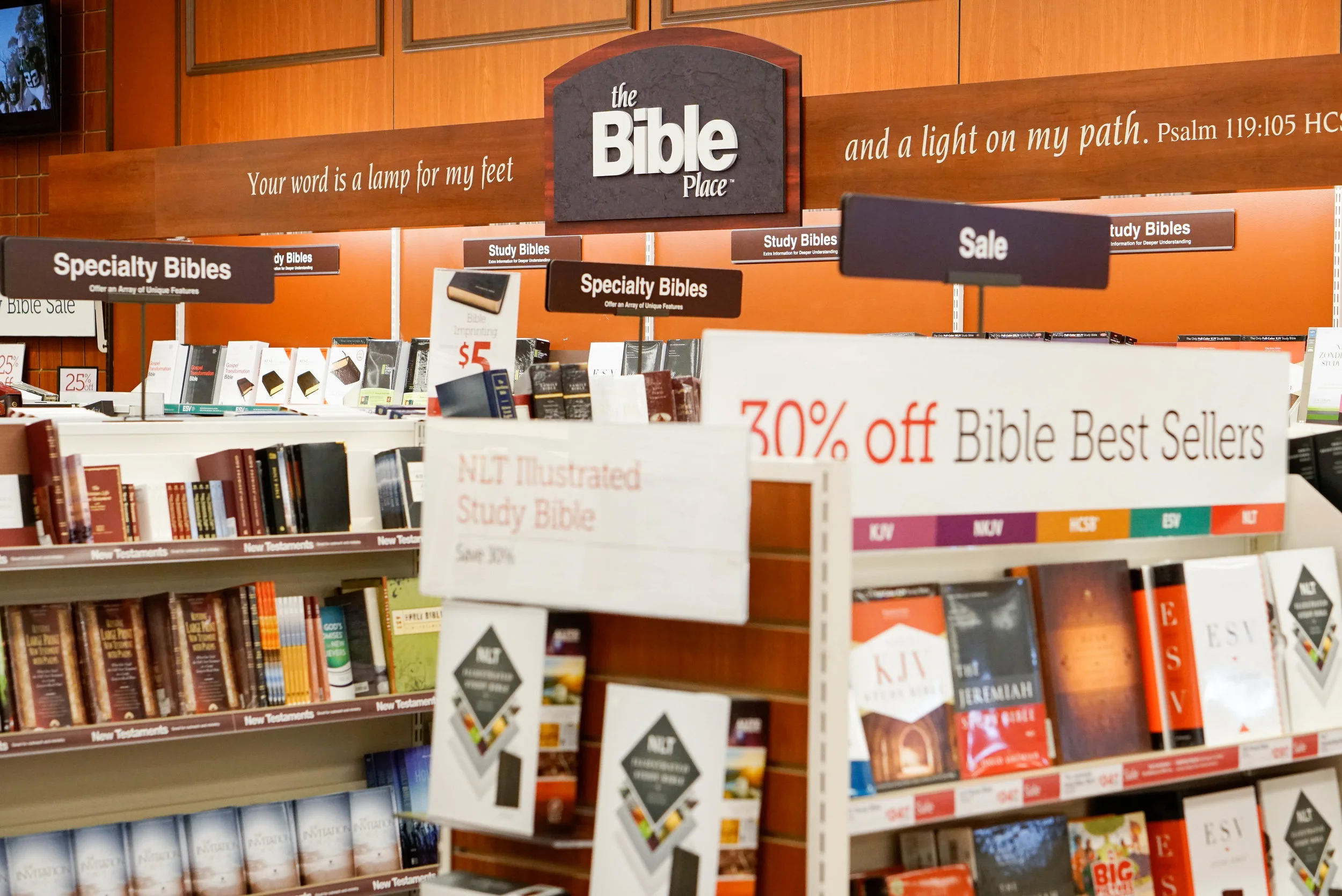"Which Translation is the Best?"
From time to time, especially when I have been teaching on Bible translation at a church, someone will approach me and ask, “Which translation is the best?,” or “Which do you recommend?” It is a good question, especially since there are so many options out there in English, and people rightly are concerned to get a translation that is true to the original writings of the Bible.
So, as I wrap up this serendipitous series on Bible translation, I wish to do so by commenting on this question by making a few general suggestions. (You might want to review point #2 in this post for an overview of the main approaches to translation). These are just my opinions, and I would love to get your thoughts in the comments below.
1. “The Best Translation is the One You Actually Read”
This is an old adage and does not originate with me, but there is some truth to it. The point of Bible translation is to render the text of Scripture in a readable form. Some translations, like the King James and (I believe) the English Standard Version (ESV) were produced with an “ear” for public reading in the church—a noble goal. Yet most people choose a translation for themselves that they hope to read consistently. So, if you are choosing a new Bible, go sit in the Christian bookstore of your choice, take Romans 8 (or some other passage of your choice), and read through it in several translations, perhaps starting with the ones I will mention below. Which is easiest to understand? Which “speaks” to you?
2. You Don’t Have to Choose Just One
Although there are advantages to choosing one very good translation and sticking with it, I actually am rather eclectic with my use of translations, and I think they can serve various purposes. With Scripture Memory, for instance, I normally choose the translation I think best renders the original Hebrew or Greek text, as well as the one that “speaks” most naturally and rhythmically. So I have memorized in most of the main translations. For general reading and for use at church I tend to use a “middle of the road” translation (between formal and completely functional) like the Holman (HCSB), the New English Translation (NET), or the NIV2011. For rapid reading, some people love the New Living Translation (NLT), which I think is the best “functional equivalence” translation. For study, you may consider a more formal translation like the ESV, but I think the “middle of the road” translations work very well here too. In short, you may wish to land on one main translation that you use all the time, but I find having several I use in various ways keeps things fresh.
I have been asked before about The Message, which is not really a translation (although Eugene Peterson worked from the Hebrew and Greek) but what my friend Mark Strauss calls a “Trans-culturation.” Peterson at times brings cultural things over to corresponding cultural things in the modern world. So the “white washed tombs” passage (Matt. 23:27) reads in the Message like this:
“You’re hopeless, you religion scholars and Pharisees! Frauds! You’re like manicured grave plots, grass clipped and the flowers bright, but six feet down it’s all rotting bones and worm-eaten flesh.”
So he is changing the cultural references at times. What the Message is good for is as a teaching tool to make the point of a passage strikingly clear. If you have studied a passage and think a reading from the Message really makes the sense clear, use it in teaching. But I don’t think it works as well as a main personal Bible (just my opinion).
3. Does Your Church Follow a Main Translation?
If your church uses a common translation consistently, you may want to choose that one as your main translation. One thing we have lost in the modern, English-speaking church, is a common voice as we all are reading the same translation. This may sound contradictory given point #2 above, but I don’t think it is. Someone could, during worship services, use the main translation used by their church and still feel free to use other translations for various purposes. Using a common translation consistently does give a congregation a "rhythm" of language use related to Scripture that can sink in deeply over the years. So, if you are a church leader, and people are all over the place with translations in your church, you might consider going to a common translation to which you point people for your services.
Which Translation is the Best?
As someone who works doing Bible translation on a consistent basis (mostly as I do commentary writing), my answer would be, “On which passage?” I find that among the best translations, they all normally are pretty good, render the text faithfully, and are at least understandable. But no one translation “beats all the rest” all the time. WE ARE BLESSED that we have so many good choices in English!
As for my personal preferences at this point, in rank from most used to least (and my opinion here plus $3.50 will buy you a fancy cup of coffee at Starbucks), they would go in this order:
1. HCSB and I am very excited about the update coming this year; it will be called the CSB.
2. NIV11 and NET are both excellent translations. You may not be familiar with the New English, but you should give it a look. I know NIV has been controversial for some (I may write on that at some point), but this is an outstanding translation.
3. NLT is the best functional equivalence translation, and I consider the study notes in the Study Bible to be at or near the top of the list for study bibles.
4. ESV is the king of formal equivalence in evangelical circles, and I know lots of students, friends and churches who use it. Crossway does excellent work and a masterful job at PR. If formal equivalence is more to your taste, check it out.






